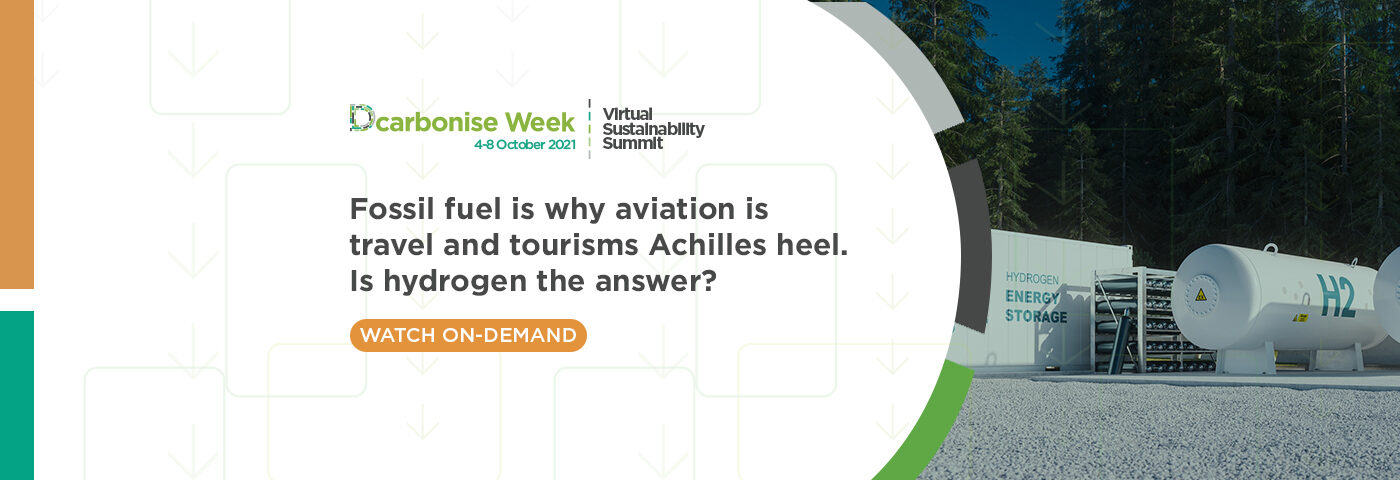The problem is not flying. The problem is the fossil fuel that is used. The aviation industry needs to transition urgently to zero-carbon flying. Aviation is important to the outbound tourism industry of the developed world; it is vital to the livelihoods of families and the foreign exchange earnings of many Small Island Developing States and developing countries, nations without a domestic tourism industry. The latest research reveals that international aviation is responsible for 3.5% of anthropogenic climate forcing, less than Russia more than Japan. In March 2020, the respected German consultancy Roland Berger forecast that if other industries decarbonise in line with current projections, aviation could account for up to 24% of global emissions by 2050 unless there is a significant technological shift.
There is a debate about carbon offsetting and Sustainable Aviation Fuel from biofuels and waste. These are solutions favoured because they facilitate business as usual. They do not require a technological shift. In January this year, the Fuelling Flight Project, which includes easyJet, IAG, Air France, and KLM, pointing the “risk of massive capital investments in things that increase emissions compared to fossil fuels and/or that become stranded assets”. They called for higher sustainability requirements to be set by the European Commission.
We shall begin by reviewing Sustainable Aviation Fuel from biofuels and waste, battery-powered electric flight, and reforming Air Traffic Control to increase the efficiency of flight operations. Then we will look at the more radical alternative: Hydrogen. Hydrogen can fuel aircraft in two ways. Hydrogen can be burnt in an engine or used in a fuel cell that combines hydrogen and oxygen to produce electricity, heat, and water or to make drop-in synthetic sustainable aviation fuels (synfuels). Power-to-liquid fuels (PtL) or synfuels are drop-in replacements for fossil-based kerosene and require no significant aircraft or engine changes.
In September 2020, Airbus revealed three concepts for the world’s first zero-emission commercial aircraft which could be flying by 2035. We have brought together a panel to discuss the prospects for hydrogen-powered flight, the challenges and opportunities.

